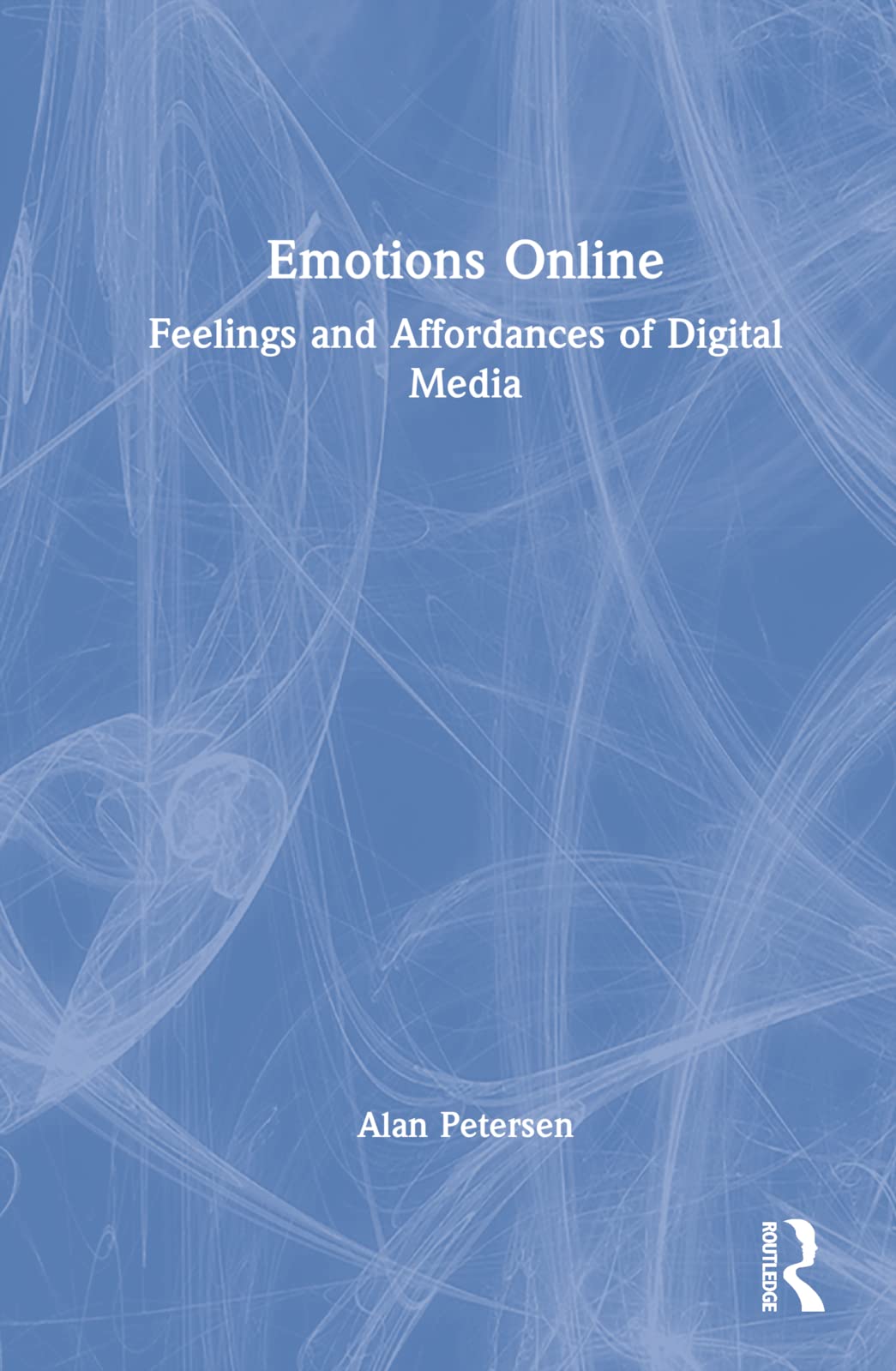

Most ebook files are in PDF format, so you can easily read them using various software such as Foxit Reader or directly on the Google Chrome browser.
Some ebook files are released by publishers in other formats such as .awz, .mobi, .epub, .fb2, etc. You may need to install specific software to read these formats on mobile/PC, such as Calibre.
Please read the tutorial at this link: https://ebookbell.com/faq
We offer FREE conversion to the popular formats you request; however, this may take some time. Therefore, right after payment, please email us, and we will try to provide the service as quickly as possible.
For some exceptional file formats or broken links (if any), please refrain from opening any disputes. Instead, email us first, and we will try to assist within a maximum of 6 hours.
EbookBell Team

0.0
0 reviewsDigital media have become deeply immersed in our lives, heightening both hopes and fears of their affordances. While the internet, mobile phones, and social media offer their users many options, they also engender concerns about their manipulations and intrusions. Emotions Online explores the visions that shape responses to media and the emotional regimes that govern people’s engagements with them.
This book critically examines evidence on the role of digital media in emotional life. Offering a sociological perspective and using ideas from science and technology studies and media studies, it explores:
• The dimensions and operations of the online emotional economy
• Growing concerns about online harms and abuse, especially to children
• ‘Deepfakes’ and other forms of image-based abuse
• The role of hope in shaping online behaviours
• ‘Digital well-being’ and its market
• COVID-19’s impacts on perceptions of digital media and Big Tech
• Growing challenges to centralised control of the internet, and the implications for future emotional life
The book breaks new ground in the sociological study of digital media and the emotions. It reveals the dynamics of online emotional regimes showing how deceptive designs and algorithm-driven technologies serve to attract and engage users. As it argues, digital media rely on the emotional labours of many people, including social media inf luencers and content moderators who make the internet seem smart. The book provides an invaluable overview of the evidence and debates on the role of digital media in emotional life and guidance for future research, policy, and action.